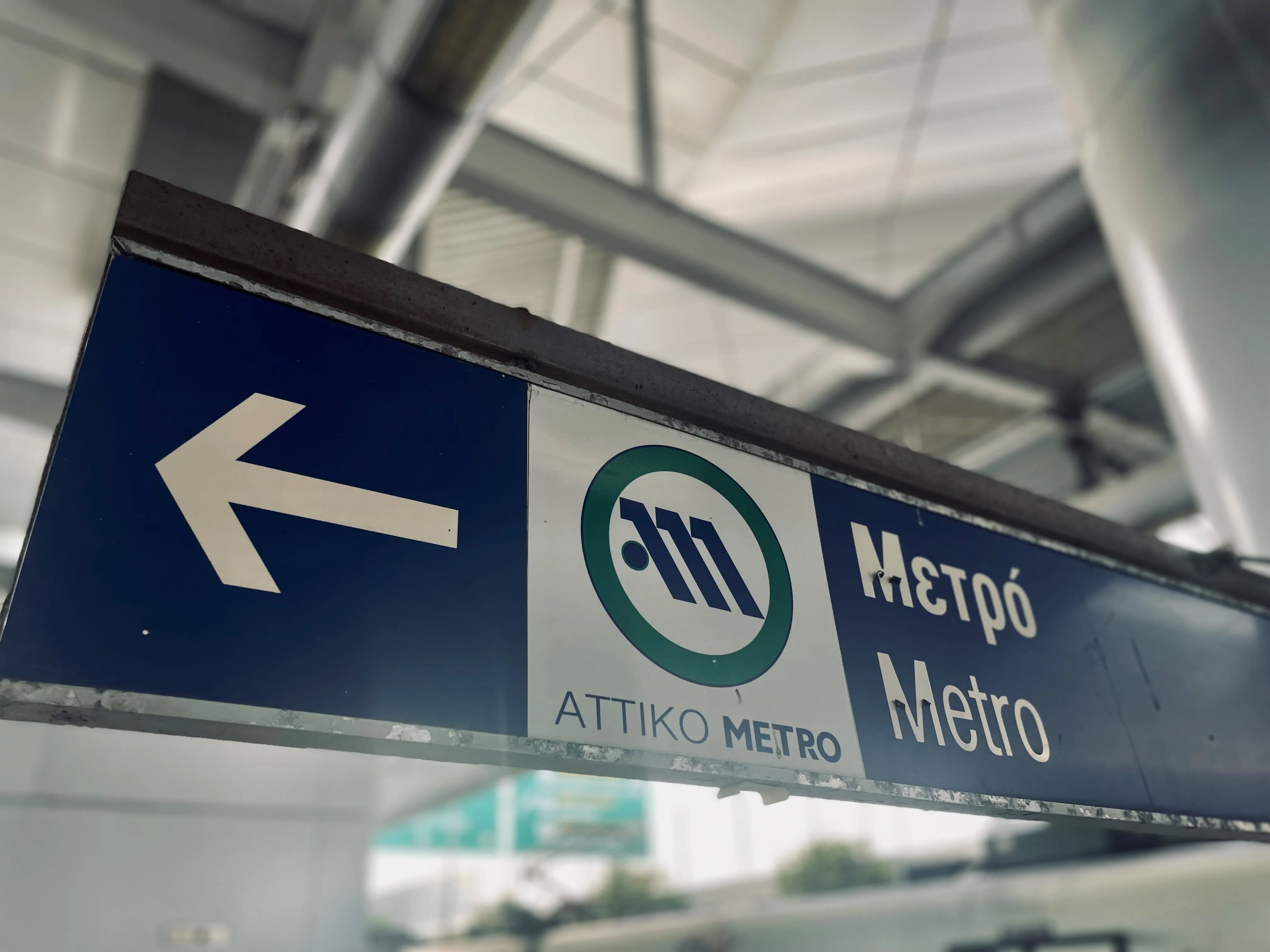The Gauteng Freeway Improvement Project (GFIP) in South Africa, which included the addition of new lanes to most of the freeways in the province, has succeeded in reducing commuter travel times, historical data by navigation specialist TomTom showed on Tuesday. In a presentation at an Intelligent Transport Society South Africa conference, TomTom Africa sub-Saharan Africa account manager Tom Westendorp noted that the cumulative travel time between 4 pm and 7 pm on an 18 km of the N1 North had reduced from 23
July 25, 2013
Read time: 2 mins
The Gauteng Freeway Improvement Project (GFIP) in South Africa, which included the addition of new lanes to most of the freeways in the province, has succeeded in reducing commuter travel times, historical data by navigation specialist 1692 TomTom showed on Tuesday.
In a presentation at an5023 Intelligent Transport Society South Africa conference, TomTom Africa sub-Saharan Africa account manager Tom Westendorp noted that the cumulative travel time between 4 pm and 7 pm on an 18 km of the N1 North had reduced from 23 minutes before the widening of the freeway in September 2009 to 12 minutes by August 2011.
Average pre-GFIP speed on this route had varied between 10 km/h and 85 km/h, increasing to between 65 km/h and 110 km/h post-GFIP.
“We focus on cars and making the journey as enjoyable as possible,” said Westendorp. “We find the fastest way through traffic. We work on giving people a precise estimated time of arrival.”
TomTom gathered its data from sources such as its own historical traffic-flow monitoring, public information (such as notification of road works), fleet tracking devices, car tracking devices, traffic cameras, mobile phone apps, installed in-car navigation systems and people on the road using TomTom devices.
The company sourced the data, validated it, fused it all together, and returned it to its navigational devices.
The main source of data was connected TomTom navigational devices, noted Westendorp, with around 50 per cent of these devices featuring SIM cards that provided their exact location. In turn, TomTom sent its traffic information to the device, which continuously recalculated the proposed route to find roads offering shorter travel times, alerting drivers to new, faster routes.
“By using TomTom devices we think we can reduce the average journey times by up to 15 per cent. This saves fuel too,” said Westendorp.
In a presentation at an
Average pre-GFIP speed on this route had varied between 10 km/h and 85 km/h, increasing to between 65 km/h and 110 km/h post-GFIP.
“We focus on cars and making the journey as enjoyable as possible,” said Westendorp. “We find the fastest way through traffic. We work on giving people a precise estimated time of arrival.”
TomTom gathered its data from sources such as its own historical traffic-flow monitoring, public information (such as notification of road works), fleet tracking devices, car tracking devices, traffic cameras, mobile phone apps, installed in-car navigation systems and people on the road using TomTom devices.
The company sourced the data, validated it, fused it all together, and returned it to its navigational devices.
The main source of data was connected TomTom navigational devices, noted Westendorp, with around 50 per cent of these devices featuring SIM cards that provided their exact location. In turn, TomTom sent its traffic information to the device, which continuously recalculated the proposed route to find roads offering shorter travel times, alerting drivers to new, faster routes.
“By using TomTom devices we think we can reduce the average journey times by up to 15 per cent. This saves fuel too,” said Westendorp.








